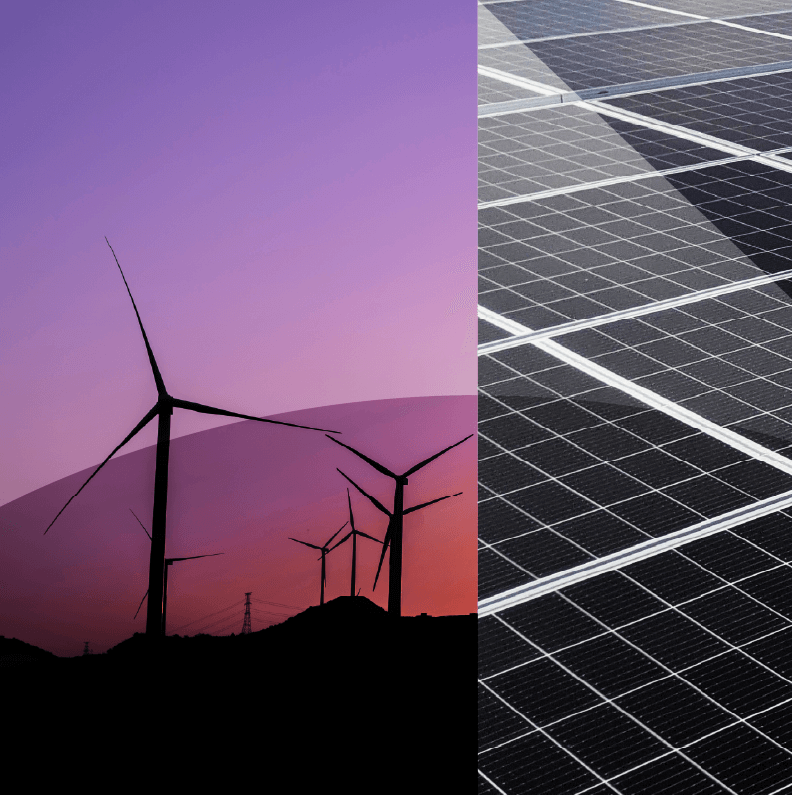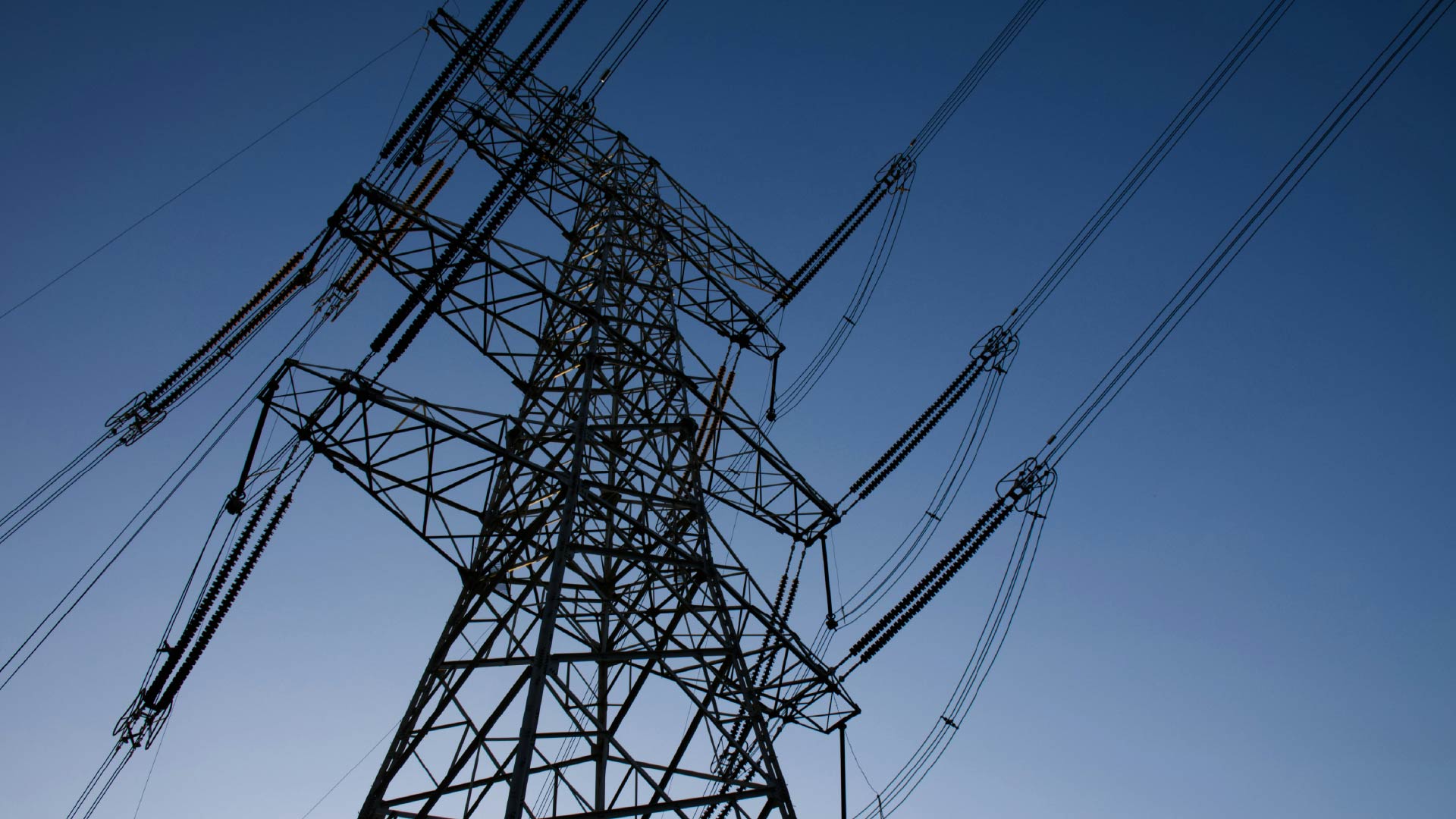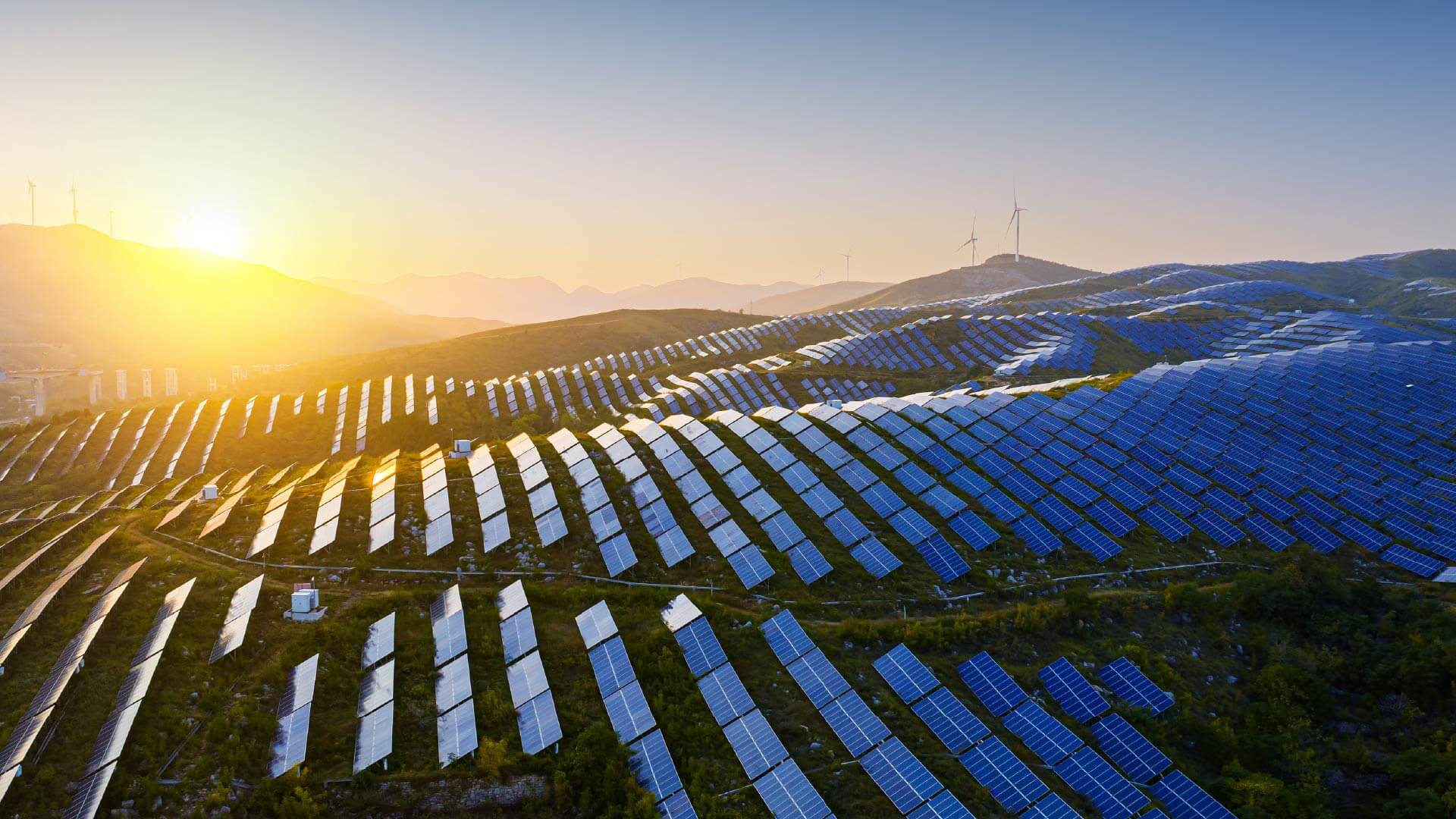The Future Of Clean Energy Deals: Assessing Top Procurement Software Providers
A recent innovation benchmark by Verdantix finds that renewable energy procurement software vendors are developing more granular data analytics and tracking, AI-driven forecasting, automated contract management, and integrated marketplaces. The sum total of this? Offerings that give organizations smarter, faster and more transparent ways to source clean energy.
Clean energy has been elevated to a strategic enabler of business operations and long-term value creation, thanks to rising energy prices, energy resiliency concerns and a fundamental shift in the way energy markets operate. Off-site renewable energy procurement has emerged as a critical lever in this transition, enabling firms to decarbonize operations at scale, diversify energy sources and hedge against volatile market conditions. To examine this market, Verdantix has conducted a high-level assessment of 12 vendors that offer capabilities to help both businesses and utilities manage their renewable energy procurement strategies. From our research, we gleaned that:
- The renewable energy procurement software market is still a patchwork of capabilities.
This market is still disparate, with vendors offering capabilities in specialist areas such as EAC tracking or PPA deal procurement. For vendors able to offer a one-stop shop, from PPA procurement through to EAC tracking and sustainability integration, there is an opportunity to become the solution of choice for firms looking for one overarching platform. - Capabilities should be incorporated into wider energy management systems.
Renewable energy procurement software is often siloed, operating separately from broader energy management systems. Findings from the Verdantix energy management Smart Innovators report indicate that while some vendors are beginning to integrate these capabilities, progress remains uneven and functionality is still limited. To close this gap, specialist firms should pursue strategic partnerships with energy management providers, to enable better integration and create holistic solutions that support organizations’ decarbonization and procurement strategies. - AI and LLMs are being integrated to improve understanding of energy data.
Energy data can be complex and difficult to interpret for individuals unfamiliar with this information. To combat this, vendors have introduced chatbots using large language models to turn complex energy data into easily digestible information, allowing key personas – such as CFOs or CSOs – to make informed decisions without needing deep technical energy expertise. - Upcoming revisions to Scope 2 accounting may increase scrutiny.
The GHG Protocol’s upcoming revisions to Scope 2 reporting – currently being developed by its Technical Working Group – are expected to tighten scrutiny of how firms account for purchased electricity emissions over the next two years. Proposals now favour hourly, time‑ and location-matched market‑based accounting. This shift will make the tracking and documenting of EACs in granular detail more critical; software tools that manage EAC procurement and time‑series matching will almost certainly see rising demand as organizations prepare to comply.
To learn more about the specific capabilities of the 12 vendors featured in our benchmark, read Verdantix Smart Innovators: Renewable Energy Procurement Software.
About The Author

Gus Brewer
Industry Analyst





